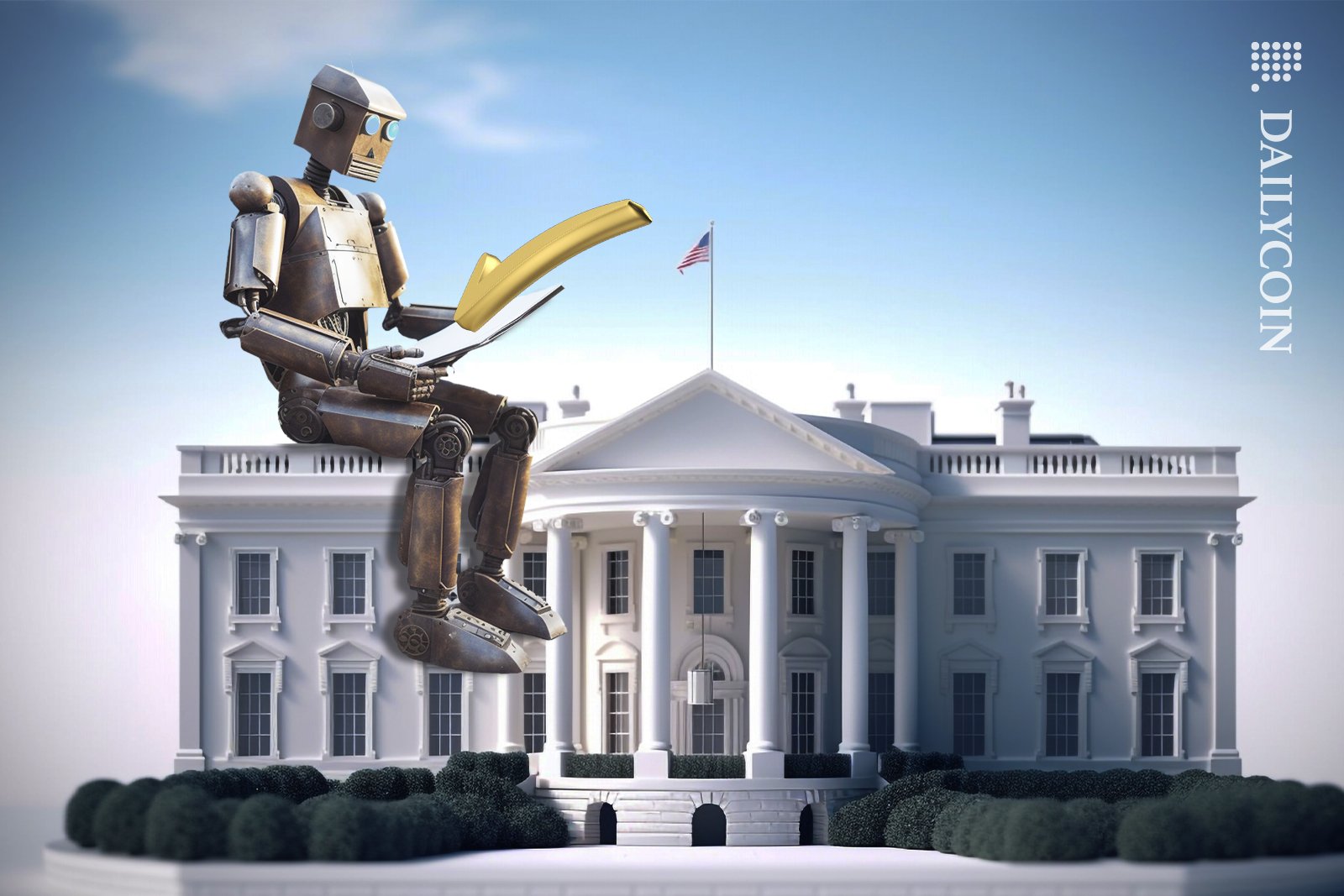
- The U.S. Senate has passed a powerful surveillance bill.
- With Section 702 the U.S. government can collect, use, and disseminate data from U.S. companies without a warrant.
- Section 702 could have serious implications for the crypto industry.
In a surprising turn of events, the Senate has voted to reauthorize the U.S. government with a powerful surveillance tool known as Section 702, despite opposition from civil liberties unions and senators.
Although senators had missed the midnight deadline to make any amendments to the warrantless surveillance law, the bill is still surging toward renewal thanks to a landslide vote. If renewed, Section 702 could change privacy laws worldwide by allowing the U.S. government unfettered access to collecting data without a search warrant, with the crypto industry likely to be one of the first in its crosshairs.
What is Section 702?
Section 702 of the Foreign Intelligence Surveillance Act (FISA) is a controversial surveillance legislation allowing the U.S. government to collect, use, and disseminate data held by U.S. companies such as Google, Facebook, and Microsoft, and even telecom providers like AT&T, all without the need for a warrant.
Sponsored
The provision, introduced as a counterterrorism measure, has long been under criticism from civil liberties activists who argue that its powers are too broad, ripe for abuse, and could allow for ‘incidental’ data collection on U.S. citizens.
In a 60-34 vote, the bill’s fate now hinges on President Joe Biden’s signature, who is known to champion Section 702 as an asset for national security. Once approved, the legislation will extend for an additional two years.
While primarily aimed at combating terrorism, the expansive powers granted by Section 702 also have implications for crypto users, considering the industry is often a target for regulatory crackdowns.
How Does Section 702 Affect Crypto Users?
Sen. Ron Wyden has labeled Section 702 as one of history’s most dramatic and terrifying expansions of government surveillance authority. With the NSA and the FBI granted total control over communications, concerns have emerged about the potential extension of this authority into the crypto industry, which is known to be masked in anonymity.
Sponsored
The legislation poses a serious threat to the decentralization and freedom of not only crypto users but the privacy of individuals worldwide. Ethereum founder Vitalik Buterin has echoed these concerns, highlighting the risk Section 702 poses to the crypto industry’s ethos of protecting freedom and privacy.
Following its approval, it’s evident that privacy in the U.S. will take a massive hit. Crypto companies could face additional compliance requirements or reporting obligations, potentially leading to heightened KYC and AML measures to identify and report suspicious activity to authorities.
Additionally, the renewal of Section 702 could trigger increased regulatory scrutiny of the crypto industry. Entities such as the SEC, CFTC, and DOJ could intensify their crackdowns on businesses, including decentralized exchanges, to ensure compliance with surveillance and data collection requirements, such as providing data on crypto transactions.
On the Flipside
- Sen. Warren, a known crypto skeptic, voted against the bill but advocated for its surveillance measures to target users within the crypto industry.
- According to reports, The FBI conducted over 278,000 improper searches for information in a U.S. intelligence database during 2020 and early 2021. This included individuals involved in events such as the January 6 Capitol riot and the 2020 protests following the murder of George Floyd, as revealed by a court order.
- Tether CEO shared that the company is closely working with the FBI and the Secret Service to combat terror funding.
- The US government recently claimed the terrorist organization Hamas received much of its funding in crypto. It then backtracked on its claim, sharing that it may have overestimated the number.
Why This Matters
Privacy is a fundamental right that should be protected. However, Section 702 threatens this essential freedom and security, affecting not only the crypto sphere but also everyone in the world. With its expansive powers, the legislation grants the U.S. government excessive control over people’s lives in the name of national security, devoid of accountability or oversight.
Catch up on Binance’s drama in Nigeria:
Binance’s Fleeing Exec Traced to Kenya, Extradition in Process
Will the UFC offer its bonuses in crypto?
UFC 300 Winner Wants $300,000 Bonus in Bitcoin
